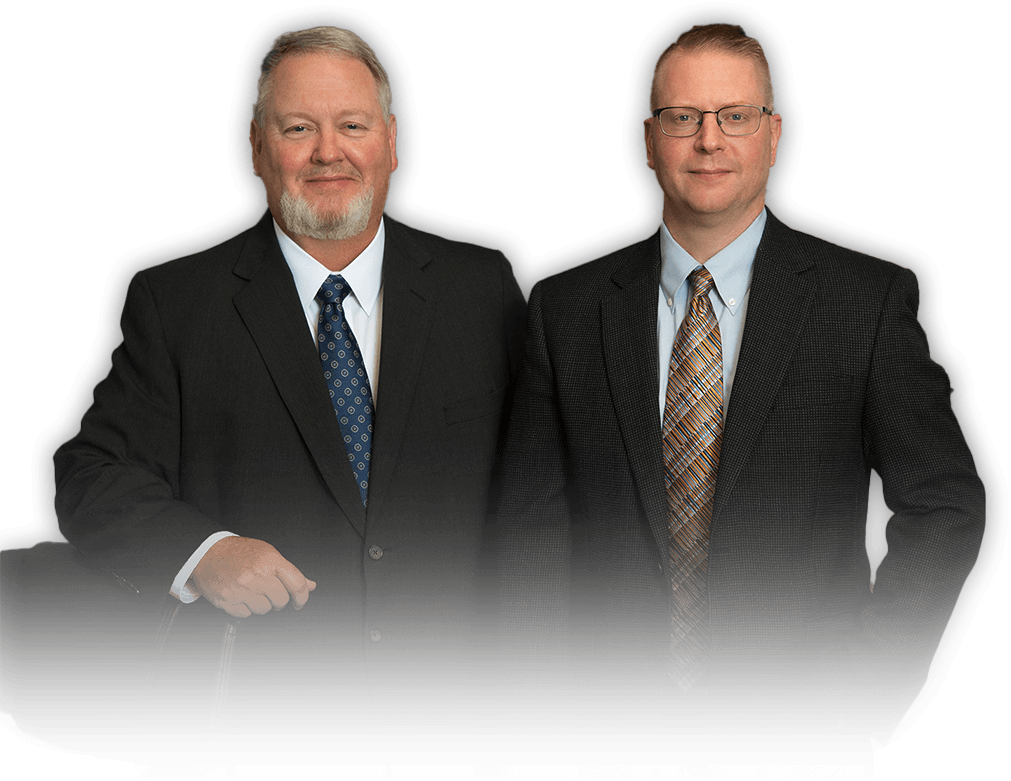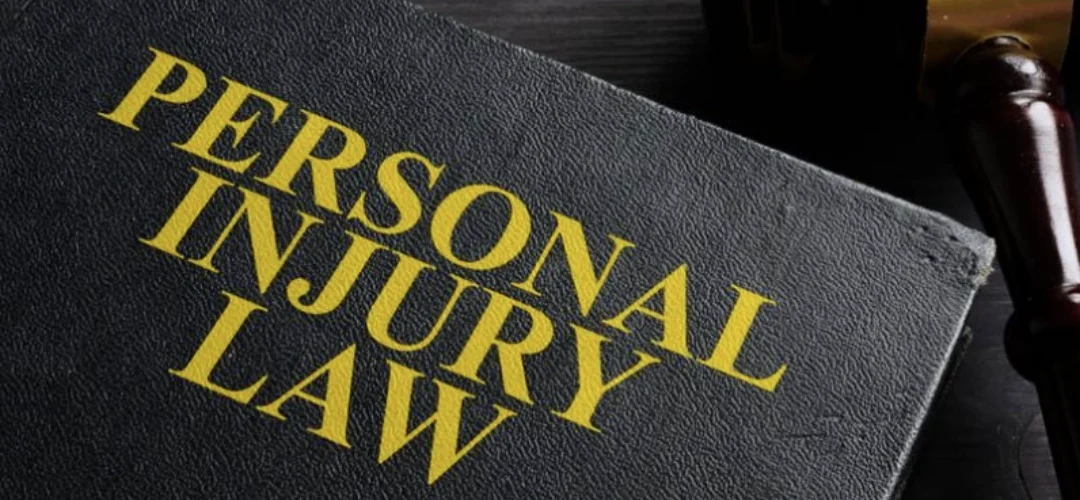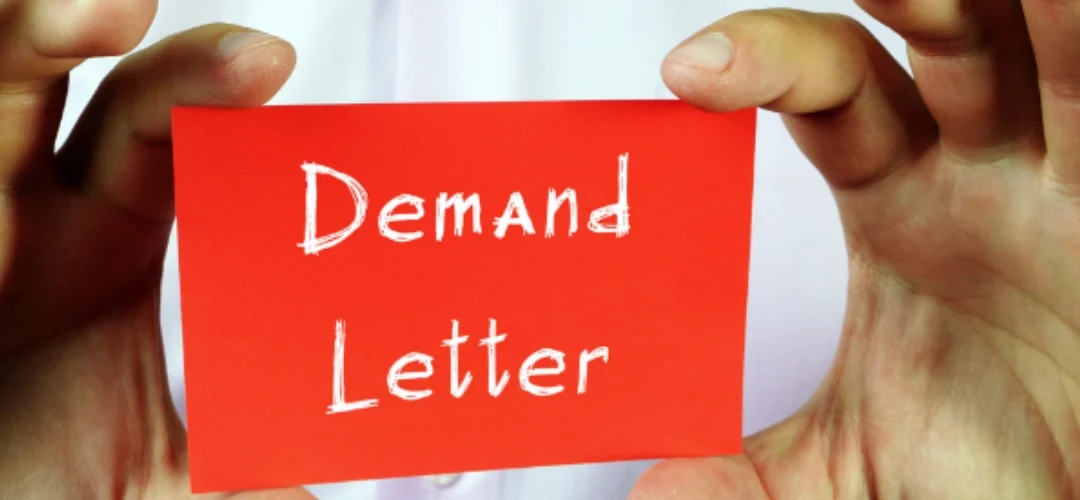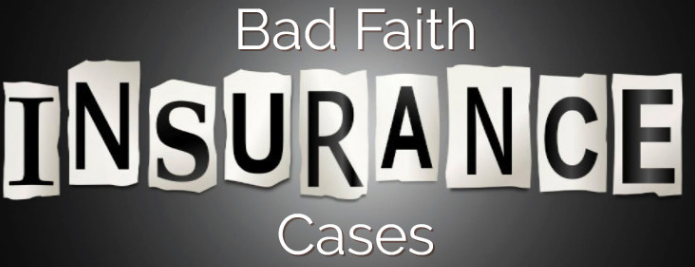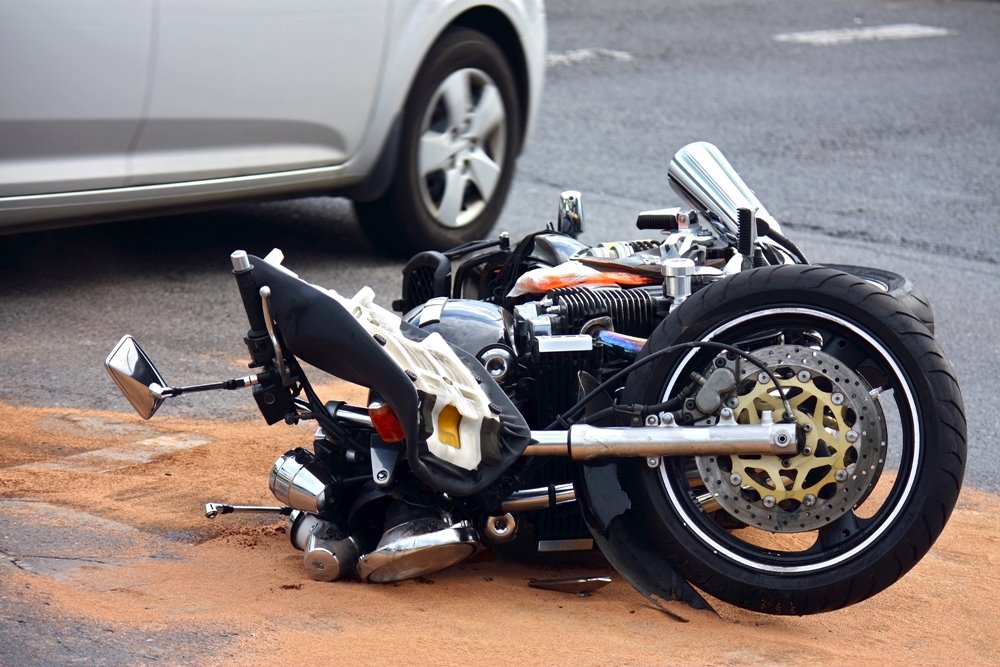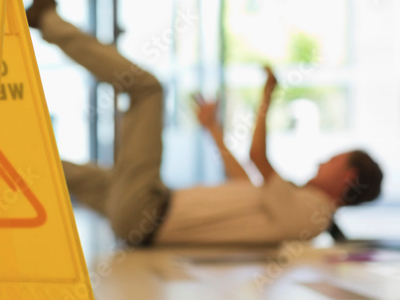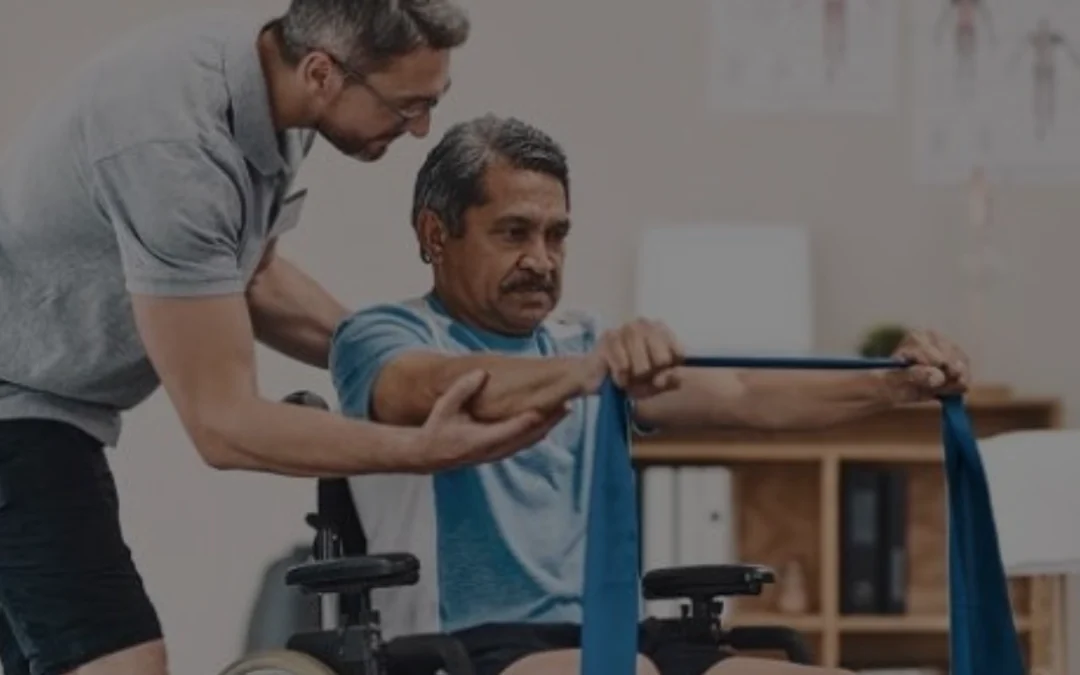Understanding Brain Damage After a Sioux Falls Accident
A traumatic brain injury (TBI) or brain damage is one of the most serious and life-altering consequences of a crash. These injuries can occur in car accidents, motorcycle wrecks, truck collisions, falls, bicycle crashes, or any violent impact. Even when there’s no visible wound, the brain can strike the inside of the skull, causing bruising, bleeding, or swelling.
At Northern Plains Justice, we help brain injury victims throughout Sioux Falls and across South Dakota. This guide explains the early signs of TBI, how these injuries are diagnosed, why insurance companies often fight these claims, and what steps you can take to protect your future.
What Is a Traumatic Brain Injury (TBI)?
A TBI occurs when a sudden force disrupts the normal function of the brain. These injuries range from mild concussions to severe and permanent brain damage.
Brain damage may include:
- Concussions
- Axonal injuries (shearing of brain tissues)
- Brain swelling (edema)
- Bleeding (hemorrhage)
- Skull fractures
- Contusions
- Hypoxic/oxygen-related brain injury
Even “mild” TBIs can produce long-term cognitive and emotional effects.
Common Symptoms of Brain Damage
Symptoms often appear hours or days after the crash, which is why many victims don’t realize how serious their injury is.
Physical Symptoms
- Headaches
- Nausea or vomiting
- Dizziness or balance problems
- Fatigue
- Light or noise sensitivity
Cognitive Symptoms
- Confusion
- Memory issues
- Difficulty concentrating
- Slowed thinking
- Mood swings
Sensory Symptoms
- Blurred vision
- Ringing in ears
- Loss of taste or smell
Serious Warning Signs
- Loss of consciousness
- Seizures
- Slurred speech
- Unequal pupils
If any of these appear, seek emergency care immediately.
How Brain Injuries Happen in Sioux Falls Accidents
TBIs often result from:
Car Accidents
Even low-speed rear-end crashes can cause concussions or brain trauma.
Truck and 18-Wheeler Crashes
These involve violent forces and cause some of the most severe brain injuries.
Motorcycle Crashes
Helmet or not, riders face extreme risk of head trauma.
Falls on Unsafe Property
Slip-and-falls and falls from heights are common causes of TBIs.
Bicycle & Pedestrian Accidents
Sioux Falls intersections remain high-risk for these injuries.
Diagnosing Brain Damage After an Accident
Proper evaluation is essential.
A medical team may use:
Neurological exams
Tests for memory, reflexes, balance, and cognitive function.
Imaging tests
- CT scans
- MRIs
- Diffusion Tensor Imaging (DTI)
Neuropsychological testing
Measures memory, focus, problem-solving, and emotional impact.
Long-term monitoring
TBIs can worsen over days or weeks.
The sooner you undergo diagnostic testing, the stronger your case becomes.
Why Insurance Companies Dispute Brain Injury Claims
TBI claims often involve extensive medical care and long-term costs, so insurers aggressively fight these cases by:
- Claiming symptoms are “mild”
- Blaming pre-existing conditions
- Arguing imaging looks normal
- Questioning the severity of cognitive problems
- Downplaying emotional injuries
- Offering low settlement amounts
Northern Plains Justice knows these strategies and how to counter them with expert medical evidence.
Long-Term Effects of Brain Damage
Brain injuries can affect:
Work & Income
Some victims cannot return to their previous job or any job at all.
Relationships & Personality
TBI victims often experience mood changes, irritability, or depression.
Memory & Thinking
Cognitive impairment can be permanent.
Daily Living
Some individuals require ongoing assistance.
If another person’s negligence caused your brain injury, you may be entitled to significant compensation.
Compensation You May Be Eligible For
TBI cases often include:
- Emergency medical bills
- Hospitalization and ICU care
- Neurological treatment
- Imaging and diagnostic testing
- Long-term rehabilitation
- Cognitive therapy
- Counseling
- Lost wages
- Loss of earning capacity
- Home-care costs
- Pain and suffering
- Loss of enjoyment of life
- Permanent disability
- Future medical care
Brain injury victims often require lifetime support, which must be accounted for in settlement negotiations.
How Northern Plains Justice Proves Brain Injury Cases
We build strong cases using:
1. Medical Documentation
Neurology, imaging, therapy notes.
2. Expert Testimony
Neurosurgeons, brain specialists, rehabilitation experts.
3. Neuropsychological Testing
Objective proof of cognitive decline.
4. Accident Reconstruction
Shows how the crash forces caused brain trauma.
5. Life-Care Planning
Projects long-term financial needs.
6. Emotional & Cognitive Evidence
Pain diaries, family testimony, employer documentation.
We ensure every impact of your injury is presented clearly and powerfully.
What You Should Do After Suspecting a Brain Injury
1. Get Medical Attention Immediately
Even mild symptoms matter — do not wait.
2. Document Symptoms Daily
Keep a “brain injury journal.”
3. Limit Conversations With Insurance
Avoid giving recorded statements.
4. Follow Every Medical Recommendation
Missed appointments are used against you.
5. Contact Northern Plains Justice Early
Brain injuries require rapid legal action to preserve evidence and protect your rights.
Frequently Asked Questions
Can I have a brain injury with no head impact?
Yes. Rapid acceleration/deceleration can cause the brain to strike the skull.
Do concussions count as TBIs?
Yes — all concussions are traumatic brain injuries.
What if my CT or MRI is normal?
TBIs often fail to appear on early imaging. Symptoms still matter legally.
How long do I have to file a brain injury claim?
Generally three years in South Dakota — but early medical documentation is crucial.
Call Northern Plains Justice Today
If you or a loved one suffered a brain injury in a Sioux Falls accident, you deserve answers — and compensation.
Northern Plains Justice fights for TBI victims across South Dakota and stands ready to protect your future. Call today for a free consultation. (605) 306-4100

